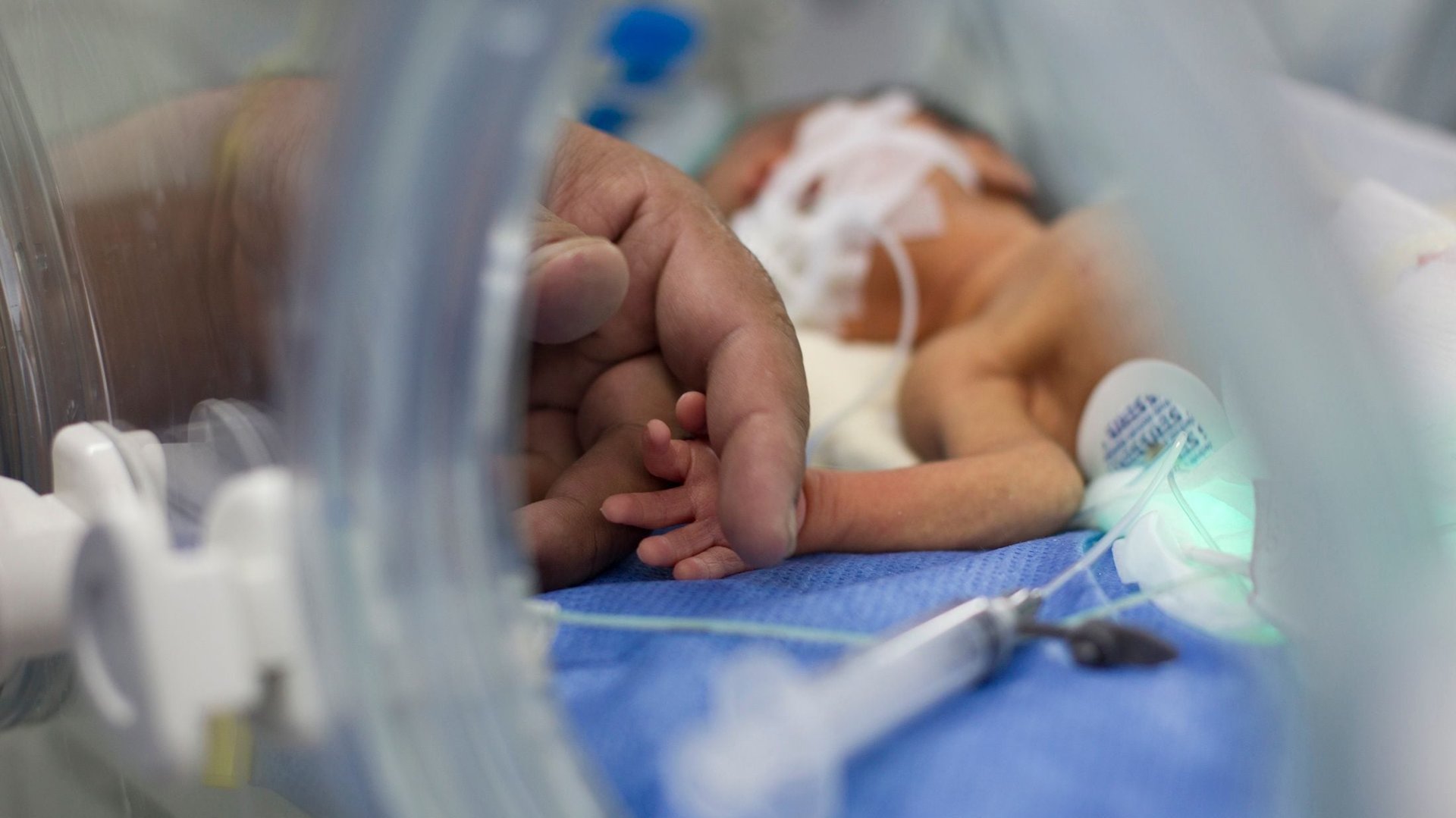More employers are extending a key workplace benefit for parents of premature babies
Every year, according to the World Health Organization, an estimated 15 million babies are born too early. This number is rising, a worrying trend given that preterm birth complications are the leading cause of death among children under five.


Every year, according to the World Health Organization, an estimated 15 million babies are born too early. This number is rising, a worrying trend given that preterm birth complications are the leading cause of death among children under five.
Because of the health risks associated with preterm births, caring for these babies represents an increased financial, emotional, and time investment for parents—a burden that some parents say justifies more parental leave from their employers. For the past two years, a group of UK mothers of premature babies have been calling for their statutory maternity leave to be extended. Nearly 240,000 people signed a recent petition in support of this change. In response, last week, the mayor of London, Sadiq Khan, proposed to give extra leave to City Hall staff who experience premature births.
A baby is born preterm when he or she is born before 37 completed weeks of gestation. Prematurity can cause problems for babies throughout their lives, including long-term intellectual and developmental disabilities, infections, intestinal problems, vision and hearing loss, dental problems, and chronic lung diseases.
Under the London administration’s new premature and neonatal baby leave policy proposal, which will undergo a month-long consultation period, mothers who gives birth to premature babies will be entitled to a day’s premature baby leave, and will be paid for every day between their baby’s birth and the due date. Parents taking paternity leave will be allowed an additional two weeks’ leave, or a day of leave and pay for every day their baby spends in the hospital up until its due date. (All of this extra leave and pay will be added to existing benefits.)
Khan said he hoped his proposal would “encourage other employers to learn from the approach.”
London’s City Hall is not the first employer to grant extended leave to the parents of preterm babies. In January, Waltham Forest Council, in East London, announced that its employees would be entitled to an extra week of leave for every week their premature baby spends in the hospital before their due date.
Catriona Ogilvy, who started the petition and is the founder of non-profit The Smallest Things, says she and her organization worked with the London mayor’s office to design the new policy. As she explained, “Visiting a premature baby on a neonatal intensive care unit is a traumatic, distressing time for parents without the added worry of work and pay. It certainly shouldn’t count as parental leave.”
Read more from Quartz’s series on Rewiring Childhood. This reporting is part of a series supported by a grant from the Bernard van Leer Foundation. The author’s views are not necessarily those of the Bernard van Leer Foundation.